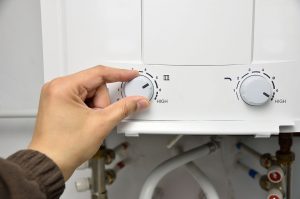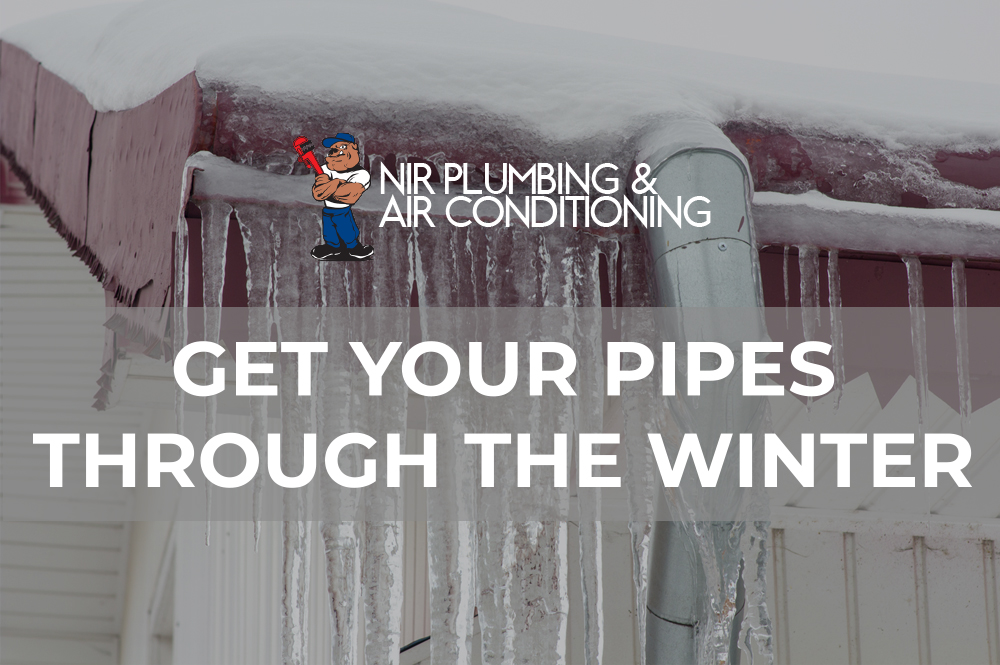Though the one climatic constant for California is summer drought, the state does experience winter and residences should be knowledgeable about how to care for their homes when the days get colder.
[vc_row][vc_column width=”1/1″][vc_column_text] Though the one climatic constant for California is summer drought, the state does experience winter and residences should be knowledgeable about how to care for their homes when the days get colder.
Though the one climatic constant for California is summer drought, the state does experience winter and residences should be knowledgeable about how to care for their homes when the days get colder.
Does California experience a winter season? Yes, California does experience a winter season. Why is California always warm? Contrary to popular belief, California is not always warm and there are regions that are consistently cooler. Why does it never snow in California? Various regions of California experience snow, with some experiencing snow even during the summer. These questions above flood the internet, so it’s no wonder people believe that California has “no winter.”
This popular notion might likely be backed by our various coasts and hiking trails that imply that we only experience sunshine year round. Commercials showcasing the various outdoor activities such as parasailing, kayaking, and camping likewise support the idea that California is always sunny and always ready for outdoor fun. However, this isn’t necessarily true. California does experience winter and homeowners can benefit from learning winter home maintenance tips, especially when it comes to plumbing.
Getting Your California Home Ready for Winter
Keep water flowing by cleaning gutters and storm drains. With California winters come flooding. Did you know that rain can wreak damage and chaos on and in your home? While rain and snow are great to experience with the right equipment or under the ideal conditions (fireplace, blankets, and hot chocolate), they aren’t particularly enjoyable if they’re experienced outside of intended areas; rain and snow can cause some severe damage. In Southern California, we get the majority of our rain in the winter months, and if left unchecked it can be problematic. To prepare your home for potential winter floods, it’s important that you clean out your gutters and storm drains.
Make sure you clear out your gutters so the water can flow out and away from your house. If these are clogged, the water will accumulate and can lead to water damage, but routine drainage and de-clogging will take off the added pressure to your plumbing system. Both get cluttered with leaves and debris and can lead to flooding around your home and potential foundational damage; without a clear storm drain, water will not be able to continue to its destination. Clearing out your drains can likewise help prevent pesky clogs that pose a particular nuisance during the holiday season with extra entertaining.
Seal off your home. Now is a good time to check your windows and doors for possible drafts. Your windows will be one of the leading problems when trying to keep your home heated during the winter. Make sure that your doors and windows are tightly sealed so your home does not lose any heat or let in cold air. This will increase the efficiency of your furnace and alleviate your electricity bill. Consider checking your home’s insulation and redoing the caulking around windows and doors. You may also want to check crawl spaces and attics to see if any air is getting through or if you need to add some insulation to help.
Show your water heater some love. Incorporating annual water heater maintenance can make a big difference in your home’s comfort during the winter. A simple inspection enables you to find out if there are any potential problems and what it will take to fix them before a cold streak hits and you are left without heating. Whether you are hosting guests or just using up extra hot water when taking extra long showers during the winter, there is no doubt that your water heater works extra hard this time of year so, make sure that it’s up for the job! Maintaining your water heater is as simple as having it serviced by a professional to increase the longevity and efficiency of its life.
Prep your pipes through insulation. The weather in California is generally sunny, so people might often overlook plumbing insulation as part of their winter plumbing maintenance. The reality is that temperatures do get below freezing and an unanticipated freeze is always within the realm of possibility, especially if you live in higher elevations. For example, you could see freezing temperatures if you live near the baseline or in a mountainous region like Big Bear. Likewise, living near the coast means access to water and, often times, chilly breezes and other cold conditions. If you have a home in an area where it can reach freezing points, you will want to prep your pipes. It is best to prepare your plumbing for freezing temperatures with pipe insulation.
If you do nothing, your pipes can burst, and it can lead to some devastating damage. Keep in mind that it is better to be prepared than to face the extensive repairs of burst pipes. When you insulate your pipes, your plumbing isn’t left vulnerable. Insulation helps your plumbing work more efficiently and also helps prevent freezing, which can cause a lot of damage and be a costly plumbing repair. Insulation can help your plumbing work more efficiently.
Turn off outside water valves to prevent frozen pipes. Did you know the average homeowner’s expense for a pipe rupture is about $15,000, according to State Farm Insurance? It’s true and we mentioned in the previous point, when the temperature drops below freezing, water pipes in your home have the potential to rupture, creating an expensive disaster in your home’s basement! To protect against frozen pipes, turn off all outside water valves and look for pipes in areas of the home that aren’t insulated, such as those running along the home’s outer walls. These pipes are more likely to freeze and should be wrapped with foam or towels for the season. In cases of extreme cold, it’s a good idea to let faucets drip slowly in order to encourage water flow.
Here’s a final pro tip: You may be tempted to turn off the heat when you’re going away for a few days in the winter or if you have a vacation home that you’re not planning to use for a few months. We recommend keeping the place warm even when you’re not there. You may pay a few dollars extra every season, but one burst pipe wipes away a lot more than what you’d save otherwise.
Protect Your Home During the Winter
It’s important to protect your home, whether it’s a vacation home, investment property, or vacant building. If you have a property that isn’t occupied, make sure you take the proper precautions to protect the plumbing during winter. Vacant properties are more susceptible to winter plumbing problems, and unfortunately, these problems often go undetected. Which only makes matters worse.
Be sure to check out the following related articles below to learn more about how you can maintain your home:


